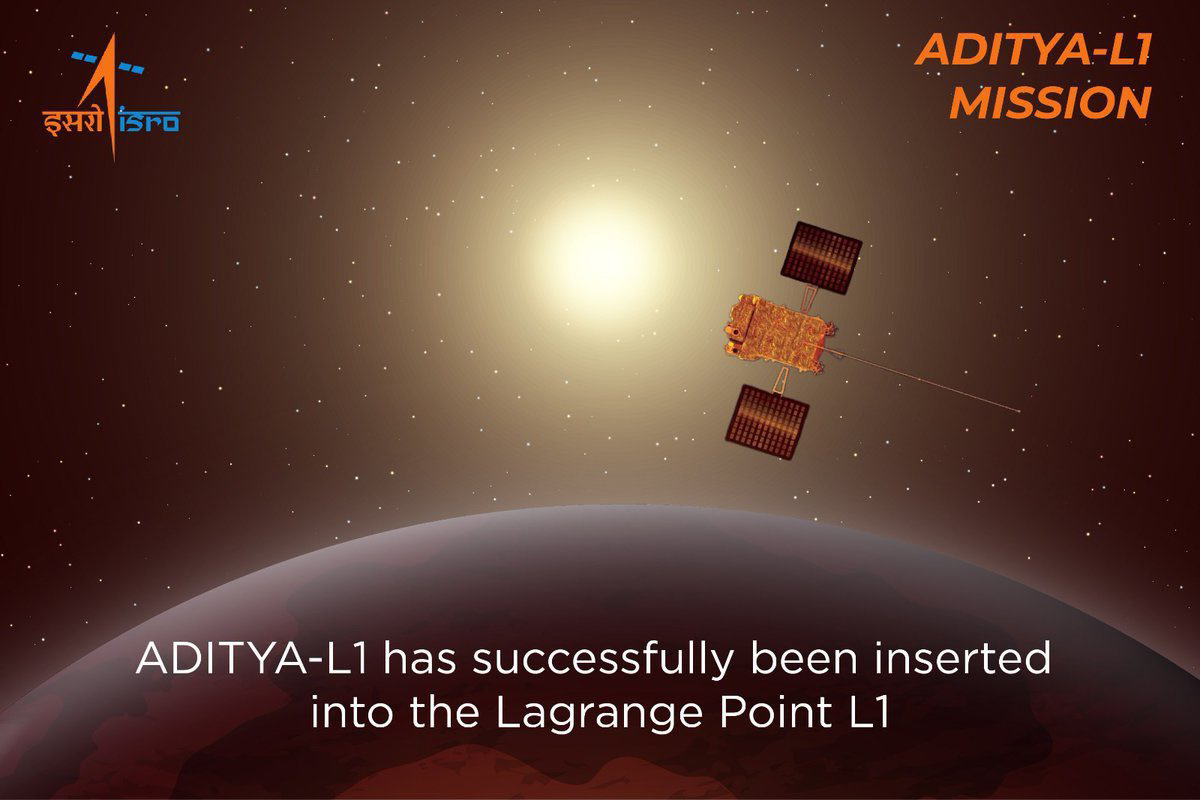India has successfully launched its first space mission to study the Sun, Aditya L1, on September 2, 2023. The spacecraft lifted off from the Satish Dhawan Space Centre in Sriharikota following a textbook launch aboard the PSLV-XL rocket at 11:50 am IST. It was deployed in space over an hour later, and inserted at the L1 point on January 6, 2024.
Aditya L1 is a coronagraphy spacecraft that will observe the dynamics of the Sun's chromosphere and corona, the solar wind, the solar magnetic storms, and their impact on the environment around the Earth. It will also study the origin and evolution of solar eruptions and flares, and the physics of partially ionised plasma. It carries seven scientific payloads, including remote sensing and in-situ instruments, developed by various Indian research institutes.
The mission is expected to provide valuable insights into the solar phenomena and their effects on the Earth's climate and communication systems. It will also contribute to the understanding of the Sun-Earth system and the space weather. The mission has a planned duration of 5.2 years, with a possibility of extension.
Aditya L1 is the first Indian mission dedicated to observe the Sun, and the second Indian mission to be placed at the L1 point, after Chandrayaan-2. It is also the first Indian mission to use a halo orbit, which is a stable orbit around the L1 point that allows continuous observation of the Sun. The mission is named after Aditya, the Sanskrit word for Sun, and L1, the Lagrange point 1 between the Earth and the Sun.
The mission director of Aditya L1, Nigar Shaji, said that the launch was a historic moment for India and a proud achievement for ISRO and the scientific community. He also thanked the team members, the ground stations, and the launch vehicle for their flawless performance. He said that the mission will enhance India's capabilities and reputation in the field of space science and exploration.
The launch of Aditya L1 was widely applauded by the Indian government, the media, and the public, as well as by the international space agencies and organisations. The Prime Minister of India, Narendra Modi, congratulated ISRO and the scientists for the successful launch and said that the mission will inspire the youth and the future generations to pursue science and innovation. He also said that the mission will strengthen India's role as a global leader in space.
